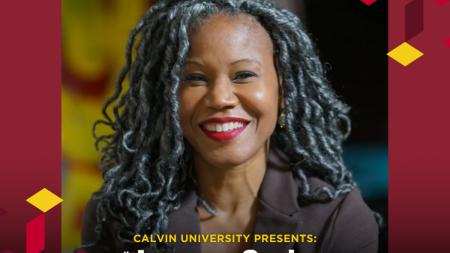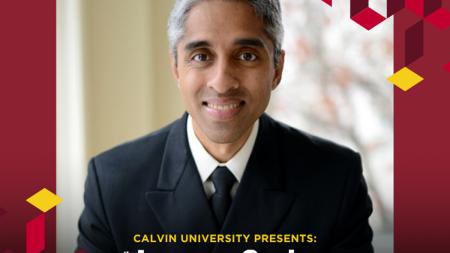Social Media During Synod: Pray Rather Than Post

A recent article in The Atlantic was titled “Why the Past 10 Years of American Life Have Been Uniquely Stupid.” In this article, author Jonathan Haidt uses the tower of Babel story as a metaphor for how social media has shaped the current context such that people are “disoriented, unable to speak the same language or recognize the same truth.” This has led to sharp polarizations that have had a profound impact on civic discourse and politics. Haidt likens social media to “dart guns” that “give more power to trolls and provocateurs while silencing good citizens.”
The church is not immune to these social trends. In December 2021, The Banner, reported that they had closed online commenting for their website. The reason they cited was the relatively small number of commenters who were “often negative and confrontational in nature” and they concluded that “instead of fostering community, the online comments only seem to have fueled polarization.” In February 2021, the CRC Council of Delegates had to deal with troubling online comments, including threats of violence, directed against the staff of the CRC’s justice ministries.
Although one might hope for more sanctified common sense among the saints in the CRC, part of the problem is the tool of social media itself. Social media is not a neutral instrument for communication but rather uses behavior reinforcement (similar to a slot machine) for the purpose of attracting eyeballs for advertisers. This essentially “gamifies” communication and promotes a thin way of relating to others. Most of us lack the virtue required to use these tools well. These issues were explored in a recent Netflix documentary titled The Social Dilemma which featured several engineers who were instrumental in building social media platforms who now express regret over their troublesome creations.
Social media also looms over the 2022 CRCNA Synod, a body of delegates whose purpose is to deliberate, listen to the voice of Scripture, and listen to each other. The synod website advises delegates to “come with an open mind, a listening ear, and an understanding heart.” This is something done much better through formal and informal face-to-face interactions rather than on social media. The presupposition of Reformed church polity is that God can work through these interactions and the wrangling of committee work. Reformed polity can sometimes appear like “sausage making,” but over the course of 500 years it has generally served our churches well.
To reduce the corrosive impact of social media, the Acts of Synod 2019 wisely stated that delegates and advisers shall follow “guidelines to avoid inappropriate use of social media contact with nondelegates during advisory committee meetings and plenary sessions of synod, because such use might compromise the transparency and integrity of the deliberative process.”
Furthermore, the synod livestream will have a 20-minute delay to prevent delegates from being influenced by real-time texts and social media posts during discussions. Social media can be helpful to disseminate news and updates during synod, but we should remember it is a poor medium for thoughtful dialogue.
The CRCNA is not alone in limiting social media at their larger gatherings. The Southern Baptist Convention passed a resolution in 2018 with the following wording: “That we guard our tongues, using caution and wisdom in our media and social media, and refrain from remarks that tear down others made in the image of God, including refraining from gossip and slander.”
When it comes to our social media interactions, we should keep in mind the words of Colossians 4:6: “Let your conversation be always full of grace, seasoned with salt, so that you may know how to answer everyone.” To do so is not just a matter of obedience, but also of witness to the wider world. For Synod 2022, let’s pray that the delegates will “listen to the Lord and one another” and let’s resist any impulse to take up dart guns on social media.
This article first appeared at the Christian Courier and has been republished with permission.


